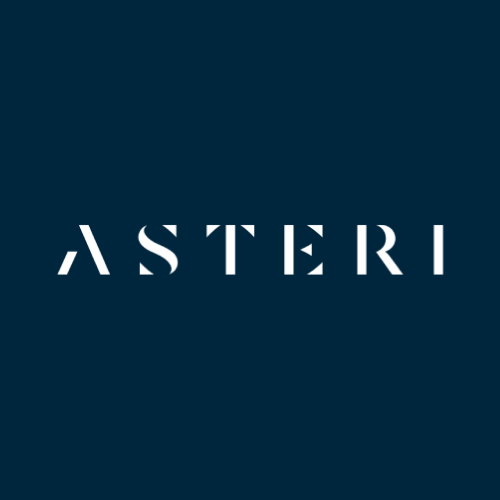

Red Cactus

Riyadh Region, Saudi Arabia
December 2024
Personal care products
Wholesale/Retail
Bahrain,
Kuwait,
Qatar,
Saudi Arabia,
United Arab Emirates
Asteri Beauty is redefining luxury makeup with a purpose. Inspired by the vision of founder Sara Al Rashed, our brand embodies elegance, innovation, and inclusivity, setting a new standard for beauty in extreme climates. Designed for the diverse skin tones and conditions of the Arab world, Asteri’s high-performance, desert-proof formulas blend artistry with skincare benefits. As Saudi Arabia’s first premium beauty brand to achieve B Corp certification, we are committed to the highest social and environmental responsibility standards. From sustainable sourcing to ethical business practices, we champion a future where beauty empowers, protects, and inspires. Joining a global community of businesses dedicated to making a difference, Asteri continues to push boundaries, proving that beauty and impact go hand in hand.
Overall B Impact Score
Governance 10.9
Governance evaluates a company's overall mission, engagement around its social/environmental impact, ethics, and transparency. This section also evaluates the ability of a company to protect their mission and formally consider stakeholders in decision making through their corporate structure (e.g. benefit corporation) or corporate governing documents.
What is this? A company with an Impact Business Model is intentionally designed to create a specific positive outcome for one of its stakeholders - such as workers, community, environment, or customers.
Workers 27.2
Workers evaluates a company’s contributions to its employees’ financial security, health & safety, wellness, career development, and engagement & satisfaction. In addition, this section recognizes business models designed to benefit workers, such as companies that are at least 40% owned by non-executive employees and those that have workforce development programs to support individuals with barriers to employment.
Community 23.5
Community evaluates a company’s engagement with and impact on the communities in which it operates, hires from, and sources from. Topics include diversity, equity & inclusion, economic impact, civic engagement, charitable giving, and supply chain management. In addition, this section recognizes business models that are designed to address specific community-oriented problems, such as poverty alleviation through fair trade sourcing or distribution via microenterprises, producer cooperative models, locally focused economic development, and formal charitable giving commitments.
Environment 17.2
Environment evaluates a company’s overall environmental management practices as well as its impact on the air, climate, water, land, and biodiversity. This includes the direct impact of a company’s operations and, when applicable its supply chain and distribution channels. This section also recognizes companies with environmentally innovative production processes and those that sell products or services that have a positive environmental impact. Some examples might include products and services that create renewable energy, reduce consumption or waste, conserve land or wildlife, provide less toxic alternatives to the market, or educate people about environmental problems.
Customers 4.8
Customers evaluates a company’s stewardship of its customers through the quality of its products and services, ethical marketing, data privacy and security, and feedback channels. In addition, this section recognizes products or services that are designed to address a particular social problem for or through its customers, such as health or educational products, arts & media products, serving underserved customers/clients, and services that improve the social impact of other businesses or organizations.